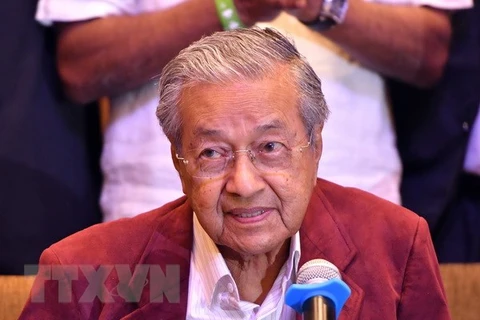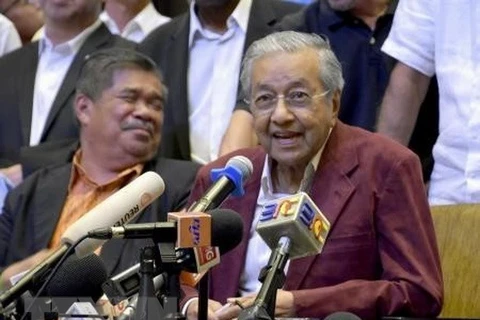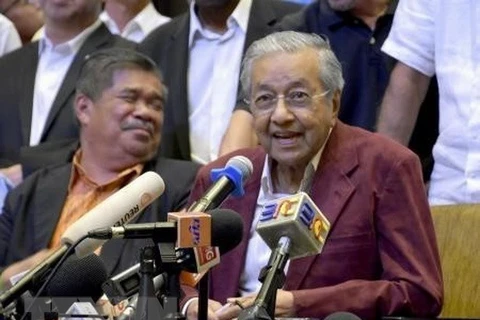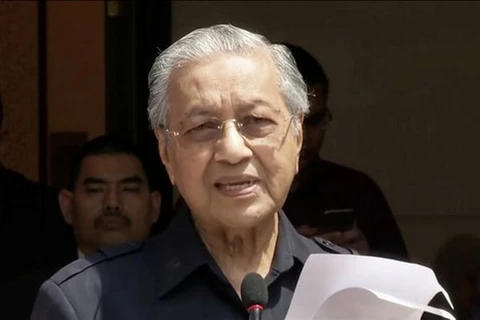Kuala Lumpur (VNA) – Malaysia's Immigration Department on May 12 said former Prime Minister Najib Abdul Razak and his wife Rosmah Mansor were banned from leaving the country.
According to the New Straight Times newspaper, Director-General of the department Mustafa Ali confirmed the directive was issued on May 12 morning and it takes effect immediately. He added that there are currently no details on why Najib and his wife have been blacklisted.
In his social media account, the former Malaysian PM said he has been informed that he and his family members have been barred from leaving the country, saying he will respect the ban and remain with his family in Malaysia. Earlier, Najib said he will take a short break with his wife from May 12 and will return next week.
The former Malaysian PM formed the state fund 1Malaysia Development Berhad (1MDB) in 2009 to promote economic growth via global partnership and foreign direct investment. However, the fund is the subject of a massive money-laundering probe in a host of countries, including the United States, Switzerland and Singapore.
On April 9, Malaysia’s High Court ruled that there was no evidence that showed that the state fund suffered losses of 3.7 billion USD and no proof of misconduct by members of the company’s board of directors.
Official results of the recent general election showed that Mahathir Mohamad's Pakatan Harapan (PH) had won 118 of the parliament's 222 seats, exceeding the simple majority required to rule. Meanwhile, the ruling coalition Barisan Nasional headed by former PM Najib Razak won only 79 seats.
PH’s historic win ousted the Barisan Nasional (BN) coalition, with the United Malays National Organization (UMNO) at its core, which has been in power since independence in 1957.
New Prime Minister Mahathir Mohamad on May 11 announced 10 core ministries of the new government.-VNA
























